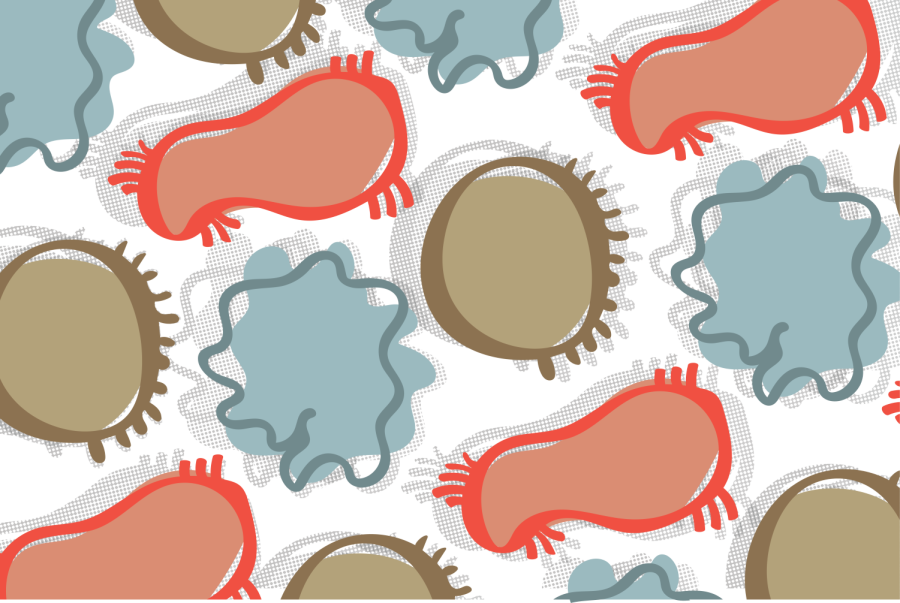The University of Minnesota opened a new research center in collaboration with the Mayo Clinic that measures the impact of racism on chronic health inequities among people of color in Minnesota.
The Center for Chronic Disease Reduction and Equity Promotion Across Minnesota (C2DREAM) is one of nine centers in the nation studying racism within the healthcare system. Researchers said the goal for this center is to inform future policy decisions, professional practices in healthcare and advocacy among people of color, according to University Associate Professor and C2DREAM Co-Lead Dr. Rachel Hardeman.
“C2DREAM’s mission is to show that all people of color in Minnesota are loved and that they deserve to live lives unburdened by preventable chronic diseases,” Hardeman said in an email to the Minnesota Daily.
As outlined in past research, experiences of microaggressions, discrimination and marginalization within the healthcare system have contributed to disproportionally increased levels of chronic diseases, such as cardiovascular disease, high blood pressure and obesity.
For Hardeman, a Black woman who grew up in Minneapolis, the reality of racism as a public health concern is both local and personal.
As a child, she attended doctor appointments with her grandmother, who was seeking treatment for kidney failure. When her grandmother experienced discrimination from medical providers, she decided to stop treatment, Hardeman said.
“At age 16, I lost my grandmother because she was tired of dealing with a health care system that didn’t seem to care about her,” Hardman said.
While prior research measuring racism in healthcare has been simplified, Hardeman and other researchers said they are concerned with measuring the multidimensional impacts of racism on the health and wellbeing of people of color.
“Structural racism creates unfair barriers to opportunities and resources, and these barriers impact where people of color live, work and play over the course of their lives,” Hardeman said. “Racism is a public health crisis.”
This new center, funded by a $19 million grant from the National Institute on Minority Health and Health Disparities, will address racism in healthcare through three separate research projects, each spanning five years. The projects will focus specifically on decreasing cardiovascular disease, high blood pressure and obesity among Indigenous people and people of color.
One project will be based in Southern Minnesota, and study cardiovascular disease, healthy eating and obesity prevention primarily among Somali and Latinx communities.
A second project will implement a smoking cessation program due to the risk tobacco poses for cardiovascular disease and high blood pressure. The final project will be based in the Twin Cities and Duluth, and research healthy eating and physical activity among Native American youth and their families.
Researchers will gather data from the projects through surveys and interviews. They will then combine the data to measure racism in the healthcare system throughout the state.
“These are chronic diseases that really have a significant impact on people’s longevity, their health and how they live … and they’re highly related to experiences of racism, discrimination and marginalization at multiple levels,” said associate professor and Co-Lead Dr. Michelle Allen.
All three projects, as well as 40 smaller studies, will focus on creating state-wide engagement among partners to solve health inequities, something previous research did not do.
Through their own experiences, these partners know how racism impacts healthcare in Minnesota and may better understand the actions researchers can take to dismantle health inequities, Hardeman said.
Along with these partners, researchers will suggest changes people can make to decrease chronic diseases, according to Mayo Clinic Co-Lead Dr. Christi Patten.
“People of color already understand racism from their lived experience,” Hardeman said. “Our role as antiracist researchers is to lift up and amplify the experience, expertise and solutions that communities of color already have.”
























